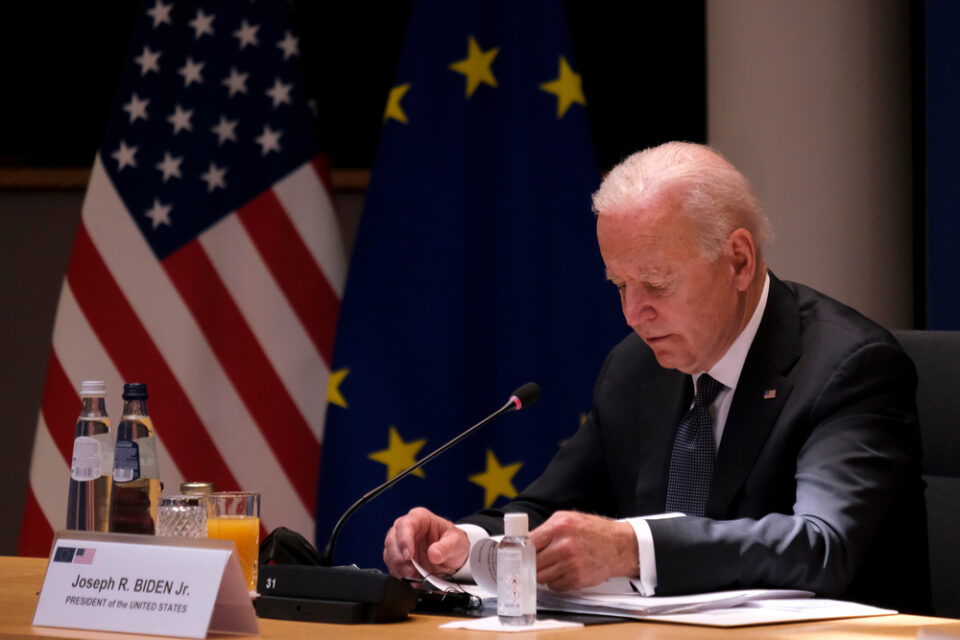In a parting gesture that seems tailor-made for his progressive fanbase, President Biden extended deportation protections for nearly 900,000 individuals from nations like Venezuela and Ukraine. This decision, which Biden conveniently packaged as a humanitarian effort, shields these individuals from deportation during the first 18 months of President-elect Donald Trump’s term. Topping it off, the move grants recipients legal work authorization, effectively creating a federal shield that critics argue undermines immigration laws while pandering to left-wing priorities.
Most of the beneficiaries of Biden’s decision have already been covered under Temporary Protected Status (TPS) for years, turning what was supposed to be a short-term fix into an indefinite reprieve. Consider the 200,000 Salvadorans who have enjoyed TPS since 2001. At this point, calling their status “temporary” is almost comical. Biden’s move feels less like addressing urgent humanitarian crises and more like a calculated effort to complicate Trump’s plans for immigration reform before he even sets foot back in the Oval Office.
The Venezuelan cohort—around 600,000 strong—is the largest group benefiting from this extension. While there’s no denying the hardships faced by those fleeing Venezuela’s crumbling economy and oppressive government, critics see TPS as little more than a backdoor amnesty program that sidesteps meaningful immigration reform. Trump has been vocal about his disdain for TPS, calling it an abuse of the system. Though courts thwarted his earlier attempts to terminate these protections, Biden’s fresh expiration dates provide Trump with a new opportunity to revisit the program and address its long-term viability.
This decision underscores the vast chasm between Biden’s immigration philosophy and Trump’s no-nonsense approach to border enforcement. Reports indicate that even within Biden’s camp, there was disagreement over the optics of this move. Some advisors worried it might contradict the will of voters, who handed Trump a decisive victory. Others argued that sending individuals back to unstable countries like Venezuela and Ukraine was simply too risky. Yet, the broader question remains: how long does “temporary” protection last before it becomes a permanent fixture of immigration policy? And at what cost to the nation’s sovereignty and resources?
For Trump, this move by Biden might cause temporary headaches, but it’s hardly an insurmountable challenge. Armed with a new mandate and legal authority, the incoming president is well-positioned to dismantle these extensions when the time comes. Biden’s decision may earn applause from progressive circles, but it’s unlikely to slow Trump’s resolve to rein in what he sees as unchecked immigration policies. As January 20 approaches, it’s clear Trump is gearing up for another round of battles, and if history is any guide, he’s more than ready to take on the fight.

